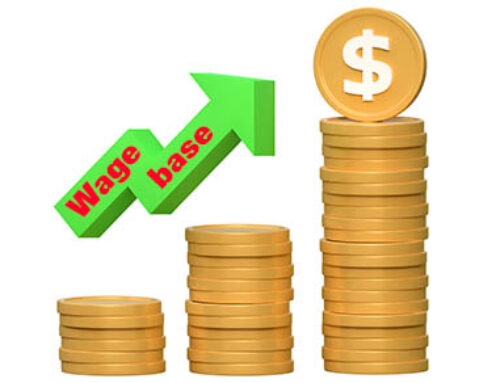Watch out, nonprofit trade associations! If your group is a 501(c)(6) organization, your activities could potentially threaten your tax-exempt status. To ensure you’re in compliance with IRS rules, you need to routinely review your member offerings and any business you might conduct.
Support common interests
Trade associations exist to promote their members’ common interests and improve business conditions or “one or more lines of interest.” Typically, associations get into trouble when they interpret terms such as “promote common interests” and “improve business conditions” too broadly. For example, they might provide customized sales training for only some of their members. But associations don’t qualify for tax-exempt status if they exist only to perform services for individual members.
Another potential violation is engaging in business that’s normally carried out on a for-profit basis. And groups that are primarily social or that exist to promote a hobby generally don’t qualify for 501(c)(6) status.
Don’t favor individual members
To avoid IRS scrutiny, you must be able to differentiate between qualified and nonqualified activities. For example, you are generally allowed to:
- Attempt to influence legislation relating to the common business interests of your members,
- Test and certify products and establish industry standards,
- Publish statistics on industry conditions to promote your members’ line of business, and
- Research effective business practices to share with your members.
But you should limit activities if they benefit specific members rather than your industry or profession as a whole. These might include selling advertising in member publications; facilitating the purchase of supplies for members; and providing workers’ compensation insurance to members. Your association’s “primary purpose” is key. Most 501(c)(6) groups perform some activities that don’t primarily serve common interests. But these activities should be limited in scope and number.
Be careful with unrelated business
Even when certain activities don’t threaten your exempt status, performing services for members can trigger unrelated business income tax (UBIT). Typically, members pay for such services directly, instead of through dues or other common assessments. Depending on the services your association provides and the revenues raised, additional reporting may be required and you may owe UBIT.
Stop and reassess if you’re performing more services, or more substantial ones, for individual members. Instead, you might want to consider forming a separate for-profit organization to offer those services.
Observing limits
It’s not always easy to differentiate between acceptable and unacceptable association activities. To help you remain on the right side of the IRS and preserve your tax-exempt status, contact us with questions.
© 2021




